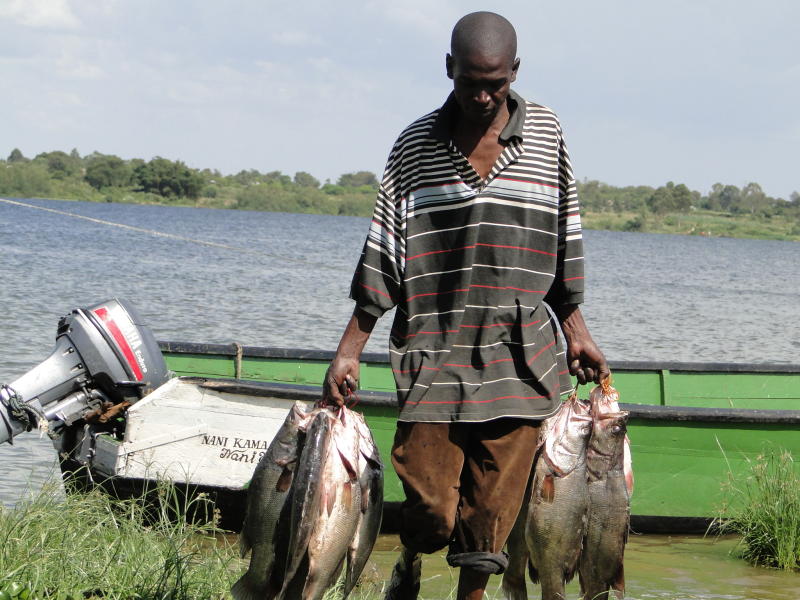×
The Standard e-Paper
Stay Informed, Even Offline

Some years back, fish was an everyday delicacy during lunch or dinner for those who grew up in Nyanza thanks to their proximity to Lake Victoria. Not anymore.
Most families are increasingly finding fish expensive. To some people, this is ironical since most of the fish sold in Kenya, including Tilapia, Nile Perch or Omena, come from Lake Victoria.